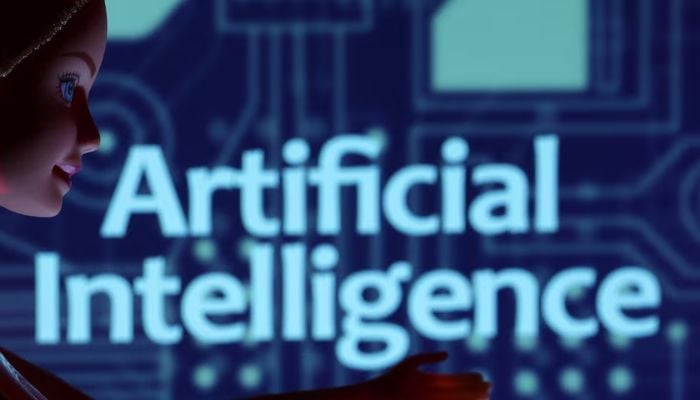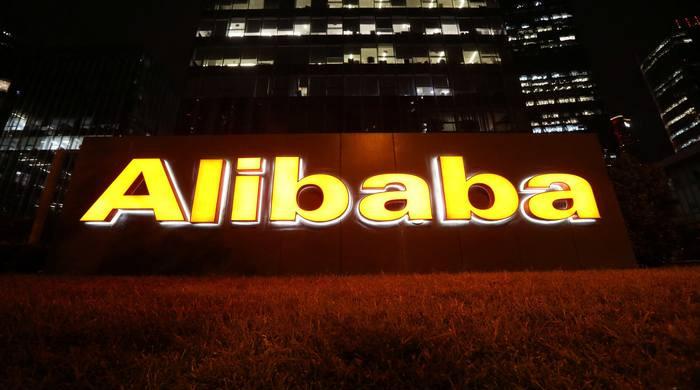AI boom likely to fade in 2026: Here's why
Global AI investments are projected to exceed $2 trillion this year
November 27, 2025

A image of Artificial Intelligence words are seen in this illustration taken March 31, 2023. — Reuters
Following years of rapid growth marked by its worldwide adoption, the artificial intelligence (AI) boom appears to be fading by the coming year, despite global AI investments being projected to exceed $2 trillion this year.
This impression of the AI frenzy hitting a roadblock gets cemented as stock markets are reportedly keeping a close watch on tech titans like Apple, Microsoft, Google, Amazon, and Nvidia, along with startups such as OpenAI.
Another indicator of this estimation is that prominent investors, including Japan's SoftBank and Peter Thiel, have begun divesting from Nvidia.
Google CEO Sundar Pichai also acknowledged the industry's volatility, stating, "No company is going to be immune, including us." However, the "off the charts" demand for Nvidia chips suggests that enthusiasm for AI technologies persists.
Another grave concern regarding the impact of AI is unemployment. While it remains a controversial issue, some experts argue that AI could necessitate a universal basic income due to job displacement, while others, like US Fed Vice Chair Philip Jefferson, view that AI is reshaping workforce dynamics.
AI and its impact on employment
It must be noted that there is a variety of predictions regarding AI replacing the human workforce in future. McKinsey estimated that 30% of jobs in the US are likely to be automated by 2030, while Gartner analysts suggested that AI would create more jobs than it would eliminate by 2027.
Another prominent topic of debate is the prospect of superintelligent machines on the sidelines of AI.
Dario Amodei, founder of Anthropic, claims that the next generation of AI is expected to surface in 2026, and it would surpass human intelligence. Likewise, OpenAI CEO Sam Altman predicted that by early 2028, his company could develop an AI capable of conducting legitimate research.
Conversely, Yann LeCun, Meta's former chief AI scientist, dismissed such claims as unrealistic.
Rise of low-quality AI-generated content
Nevertheless, generative AI is said to remain a significant challenge to traditional media. Consultant David Caswell noted that generative AI is a transformation in the information ecosystem, like the invention of the printing press.
Media companies are also facing threats from AI-generated content, which reduces traffic and, subsequently, revenue. To survive, such firms may need to ensure high-value content or resort to legal action against the AI misuse.
Part of these concerns is also occupied with "AI slop — low-quality AI-generated content — which is created with minimal effort, floods social media feeds and undermines the credibility of genuine information.
Despite platforms’ efforts to label and moderate this sort of content, a solution to stop the spread of such content seems to be out of sight, and in the wake of the evolving AI landscape, the industry needs to balance innovation with responsibility.












